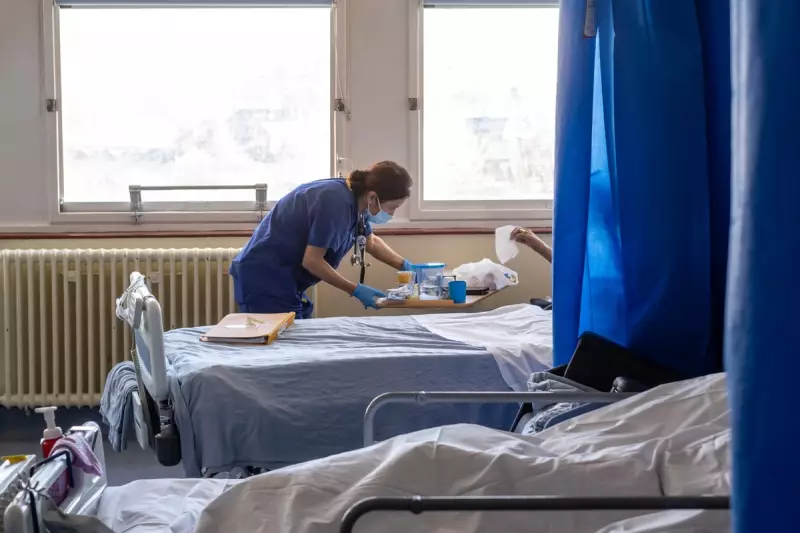
The Royal College of Physicians (RCP) has issued a stark warning to healthcare professionals, urging them to improve the quality of end-of-life care provided to patients across the UK. A new report highlights significant gaps in training and resources, leaving many vulnerable individuals without the compassionate support they deserve in their final days.
Key Findings from the Report
The RCP's findings reveal several critical areas requiring immediate attention:
- Lack of training: Many doctors and nurses receive insufficient education in palliative care, leading to inconsistent patient experiences.
- Communication breakdowns: Families often report poor communication from medical staff about treatment options and prognosis.
- Emotional support: Patients and relatives frequently feel isolated during end-of-life care, with limited psychological support available.
Recommendations for Improvement
The report proposes concrete steps to address these shortcomings:
- Mandatory palliative care training for all medical professionals.
- Clearer national guidelines on end-of-life communication protocols.
- Increased funding for specialist palliative care teams.
- Better integration between hospitals, hospices and community care providers.
"Every patient deserves dignity and comfort in their final days," stated an RCP spokesperson. "This report serves as a wake-up call to prioritise compassionate end-of-life care throughout our healthcare system."
The Human Impact
Behind the statistics lie countless personal tragedies. The report shares anonymous accounts from grieving families who describe feeling abandoned by the system during their most vulnerable moments. One family recalled their elderly relative being moved between wards five times in their final week, with no single doctor taking responsibility for their care.
The RCP emphasises that improving end-of-life care isn't just about medical treatment - it's about preserving human dignity when it matters most.





